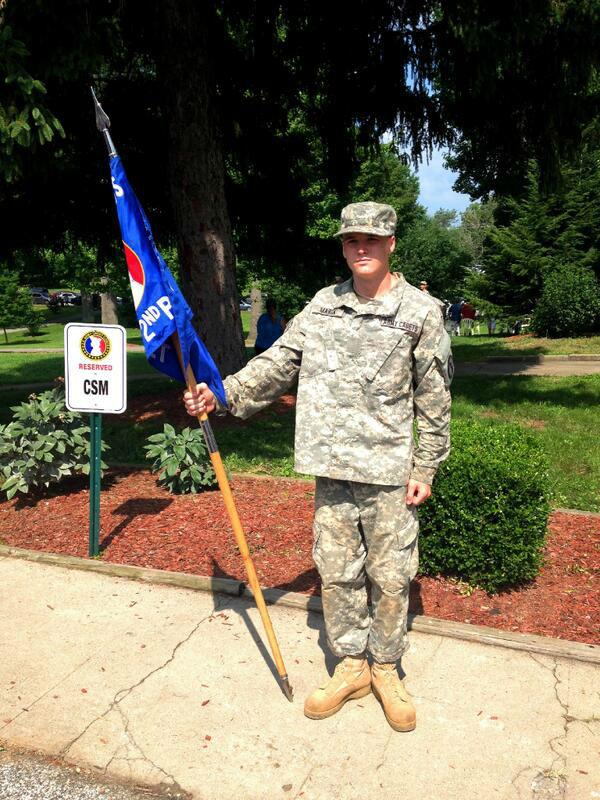U.S. Military presence in Afghanistan unclear
Five-hundred fourteen. That is the number of days until sophomore Josh Marck turns 17 and will drop out of North to join the Army. Marck decided to enlist “to serve (his) country” and “travel the world,” but after weeks of training, he could be going on tours in Afghanistan until 2024 and possibly longer.
The United States and Afghanistan have designed a pact that could leave our troops in Afghanistan for at least the next decade.
Marck sees negative consequences in the pact, such as future drops in enlistment numbers and billions of dollars of taxpayer money being spent if the pact succeeds.
“No one wants to go to war. The United States is still committing thousands of troops to Afghanistan, and our troops are still being killed,” Marck said.
The pact would cease American combat operations in the country unless both countries agree to a mission. American troops’ presence would be primarily to train and help the new Afghan forces.
“I think that it is a good idea to keep a small number of troops there for training and support of Afghan government. As long as our troops are not involved in combat and out in the field, to help stabilize the country is a good idea,” social studies teacher Andrew Taylor said. “I don’t think they have the sophisticated government to maintain peace and stability on their own. They need help from someone.”
If the pact fails, there is concern that when the American troops leave, Afghanistan’s government will fall back into Taliban control. Afghanistan then risks losing not only American support, but that of other countries, too.
“Aid’s kind of a funny thing because they spend most of their money on American products. It’s not just like we give them cash, and they buy whatever they want. We give them cash, and then they buy food and equipment from American companies, so foreign aid is actually a jobs program for Americans most of the time,” Taylor said.
Marck disagrees and is against the pact.
“It will cost billions of dollars. It will have the United States lose a lot of trust,” Marck said. “And we promised to be out by 2014.”
President Barack Obama has already signed the deal, but Afghan President Hamid Karzai is refusing. He is trying to ignore the pact and leave it up to his successor. The White House is threatening the “zero option,” where all troops would be removed from Afghanistan if the pact isn’t signed by the end of the year.
If Karzai does agree and signs the pact, Marck and other military members will continue to be deployed in Afghanistan for at least the next ten years.
“Most likely, I’ll be deployed to Afghanistan as soon as I enlist because the pact will keep us there until 2024, so most likely they won’t be reducing the number of troops there for a while,” Marck said.







